Spending 6,000 billion VND each year on free health check-ups for priority subjects
On the afternoon of October 17, the National Assembly Standing Committee (NASC) reviewed and commented on the draft Resolution of the National Assembly stipulating a number of mechanisms and policies to effectively implement Resolution No. 72-NQ/TW dated September 9, 2025 of the Politburo on a number of breakthrough solutions to strengthen the protection, care and improvement of people's health.
 |
| Minister of Health Dao Hong Lan. |
Presenting the report, Minister of Health Dao Hong Lan said that the draft includes major policy groups: Policy group on reducing medical costs for people; Policy group on solutions on land, tax, finance; Policy group on specialized training in the health sector; Policy group on regimes, salary and allowance policies for medical staff.
Regarding the group of policies on reducing medical costs for people, the Government proposed: From 2026, people will be given periodic health check-ups or free screening at least once a year according to priority groups and roadmaps; organize coordination between periodic health check-ups, free screening, health check-ups for students, occupational health check-ups, health check-ups for workers according to regulations and health insurance medical examination and treatment to provide free medical check-ups and complete the creation of electronic health books for all people and assign the Government to determine appropriate funding sources for implementation.
Of which, the state budget for priority subjects is estimated at about 6,000 billion VND/year and can gradually increase according to the balancing ability.
The draft also stipulates that hospital fees will be exempted at a basic level within the scope of health insurance benefits according to a roadmap, in accordance with the country's socio-economic development conditions.
Examining the draft Resolution, the Committee on Culture and Society said that the regulation on periodic health check-ups or free screening at least once a year from 2026 is related to disease prevention activities. Therefore, the majority of opinions suggested transferring this content to the draft Law on Disease Prevention (to be considered and approved at the 10th Session), which clearly stipulates the principles on financial mechanisms, applicable subjects, priority roadmap, implementation time and assigns the Government to specify details.
Regarding the policy of exempting hospital fees, the Standing Committee of the Committee found that the content of Clause 2 only regulates policy changes for health insurance participants and will be implemented according to the roadmap from 2027 to 2030 (applying the benefit level of 100% of medical examination and treatment costs within the scope of health insurance benefits). Therefore, the majority of opinions believe that Clause 2 only needs to stipulate the principles and assign the Government to study and submit to the National Assembly for consideration and approval of amendments to the Law on Health Insurance in 2026.
In addition, the Standing Committee requested the Government to clarify the content of "basic exemption of hospital fees" within the scope of health insurance benefits and clarify whether this policy applies to public and private hospitals or only to public hospitals.
From 2027, 100% health insurance benefits will be provided to near-poor households and the elderly aged 75 and over who are receiving social retirement benefits.
Regarding this policy, the review agency believes that it is necessary to review because according to the above regulations and current regulations, the subjects are elderly people aged 75 years and older who do not receive monthly pensions or social insurance benefits, and will have different levels of payment for medical examination and treatment costs (100% for the transitional group, 80% for the group from July 1, 2025 onwards). Therefore, the Committee proposes to increase the benefit level for elderly people aged 75 years and older who are receiving social pension benefits from the effective date of this Resolution or from January 1, 2026.
The draft Resolution also allows for pilot implementation and diversification of health insurance packages and supplementary health insurance according to people's needs.
The review agency believes that the policy of diversifying health insurance packages by piloting supplementary health insurance may face difficulties in attracting the participation of commercial insurance companies when there is no clear risk sharing mechanism between compulsory health insurance and supplementary health insurance. It is recommended to study and supplement tax incentives for supplementary insurance products focusing on primary health care and disease prevention to attract the participation of commercial insurance companies.
Regarding the policy group, salary and allowance policies for medical staff, the draft Resolution stipulates a 100% allowance regime for those who regularly and directly work in medical professions at commune-level health stations, preventive medical facilities in ethnic minority and mountainous areas, areas with difficult and especially difficult socio-economic conditions, border areas, islands, as well as in specific fields such as psychiatry, forensic medicine, forensic psychiatry, emergency resuscitation, pathology. The state budget guarantees an estimated cost of VND 4,481.1 billion (of which, 97% of the budget is for units in localities)...
In the group of policies on land, finance and preventive medicine, the goal is to create a special mechanism to strengthen the capacity of the health system, especially preventive medicine and primary health care. The draft assigns the Provincial People's Committee to direct the prioritization of clean land, recovered land, or surplus land after arrangement for health facilities and to establish clean land in convenient locations for people to easily access health services.
The review agency recommends that the drafting agency review and supplement regulations as a basis for assigning the Provincial People's Committee to organize implementation, such as "prioritizing clean land funds and land recovered from projects for medical facilities; establishing clean land funds with convenient locations for people to easily access medical services for projects to build and develop health care facilities and elderly care facilities".
In addition, there are suggestions to supplement regulations on policies to prioritize the use of State resources for the construction of medical facilities in remote areas, ethnic minority and mountainous areas, and areas with difficulties and limited access to health care services, and to have special incentive policies to attract and encourage private enterprises to invest.
Source: https://baodautu.vn/nguoi-dan-se-duoc-kham-suc-khoe-dinh-ky-mien-phi-1-lan-moi-nam-d414815.html


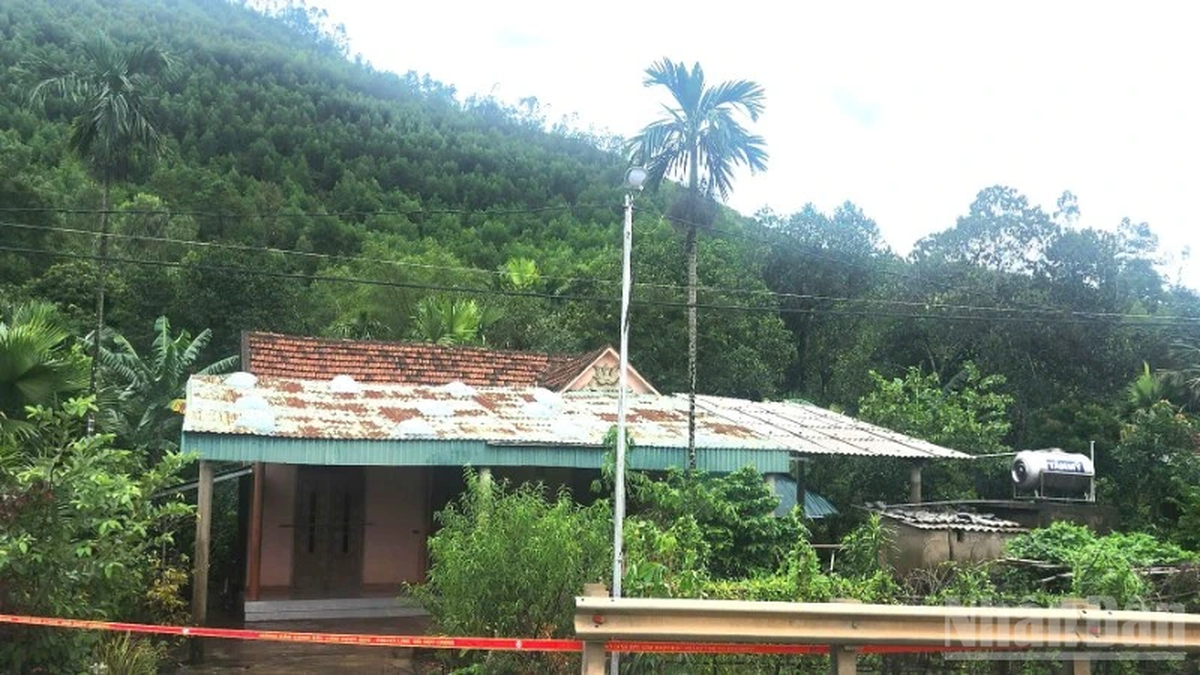
![[Photo] National Assembly Chairman Tran Thanh Man receives foreign ambassadors who came to say goodbye](https://vphoto.vietnam.vn/thumb/1200x675/vietnam/resource/IMAGE/2025/10/30/1761820977744_ndo_br_1-jpg.webp)
![[Photo] The Third Patriotic Emulation Congress of the Central Internal Affairs Commission](https://vphoto.vietnam.vn/thumb/1200x675/vietnam/resource/IMAGE/2025/10/30/1761831176178_dh-thi-dua-yeu-nuoc-5076-2710-jpg.webp)
![[Photo] Touching scene of thousands of people saving the embankment from the raging water](https://vphoto.vietnam.vn/thumb/1200x675/vietnam/resource/IMAGE/2025/10/30/1761825173837_ndo_br_ho-de-3-jpg.webp)
![[Photo] General Secretary To Lam meets former British Prime Minister Tony Blair](https://vphoto.vietnam.vn/thumb/1200x675/vietnam/resource/IMAGE/2025/10/30/1761821573624_tbt-tl1-jpg.webp)
![[Photo] General Secretary To Lam attends the Vietnam-UK High-Level Economic Conference](https://vphoto.vietnam.vn/thumb/1200x675/vietnam/resource/IMAGE/2025/10/30/1761825773922_anh-1-3371-jpg.webp)
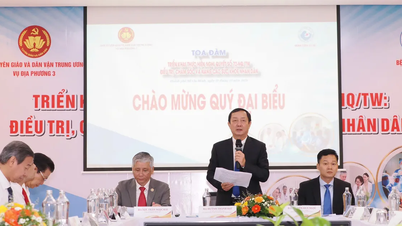

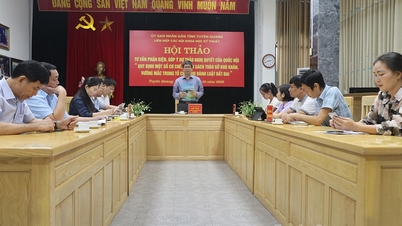

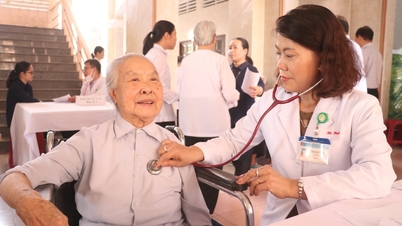

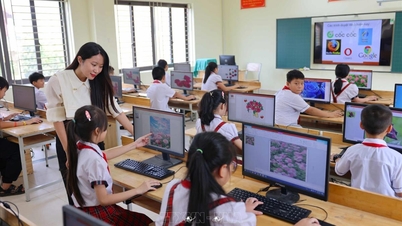

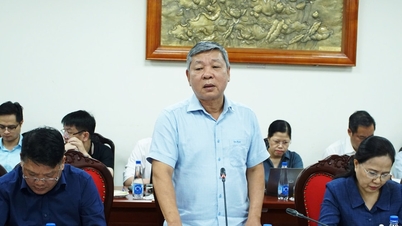

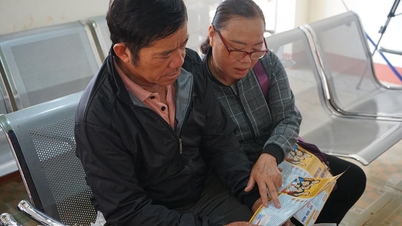




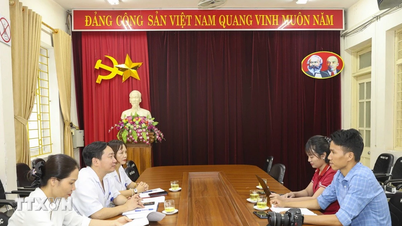

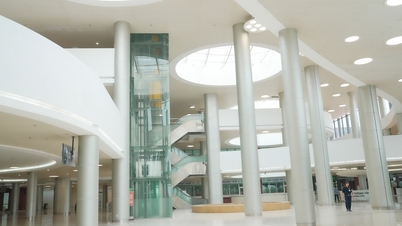
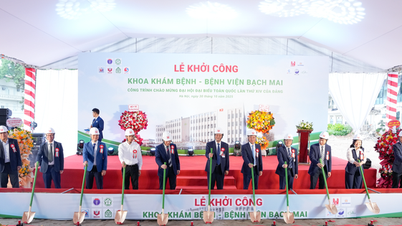

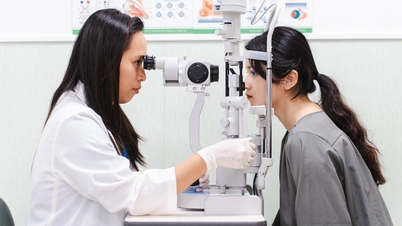





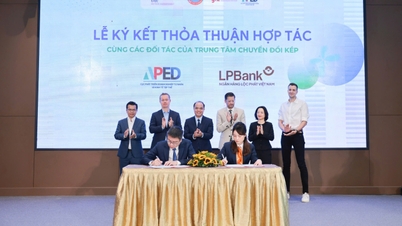
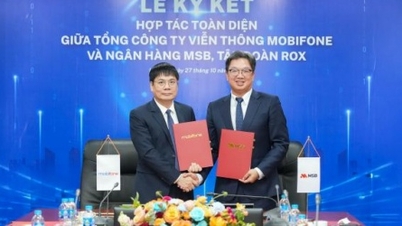










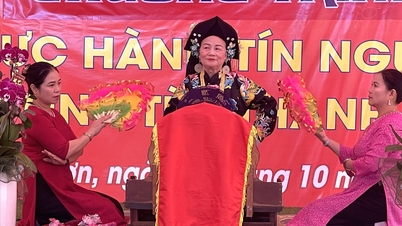





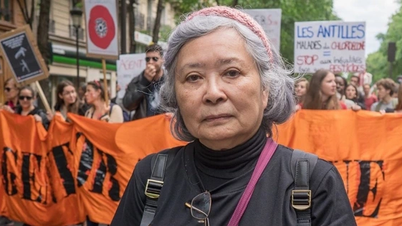

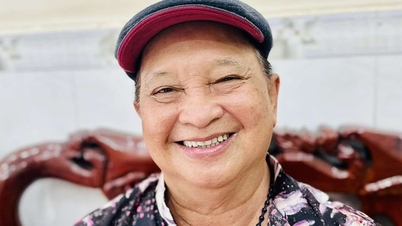

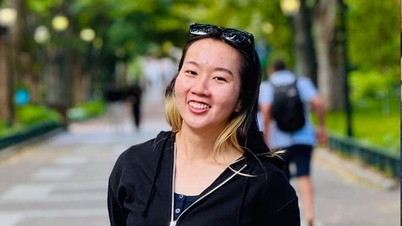

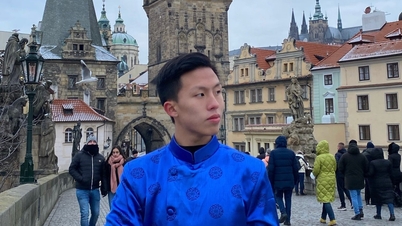

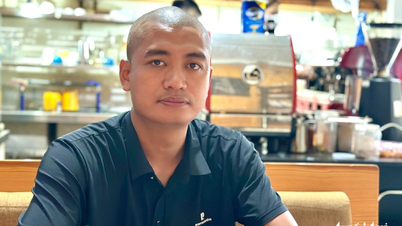

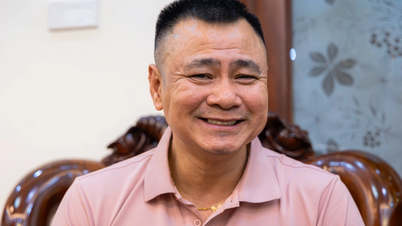
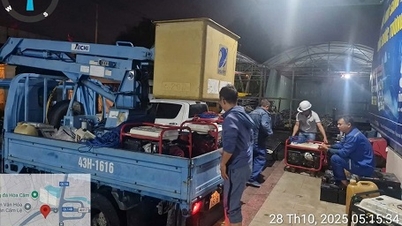

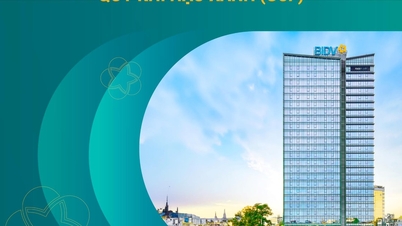

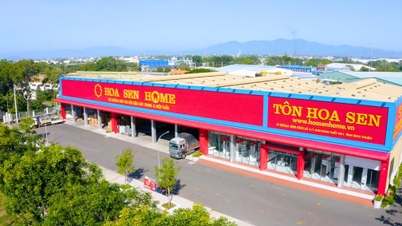










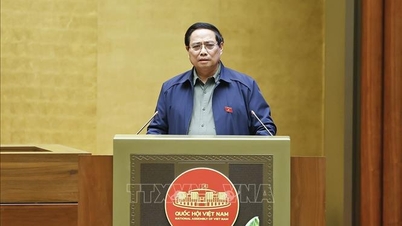
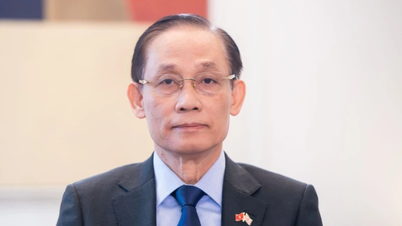

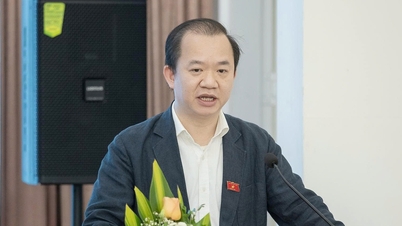
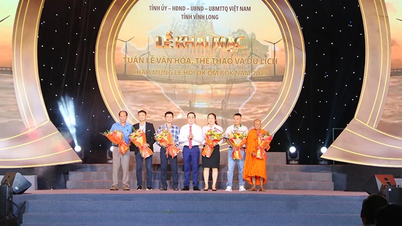
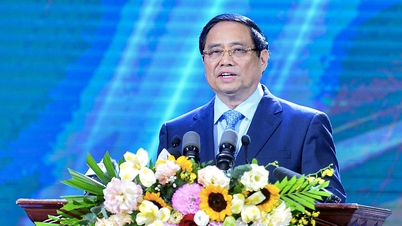
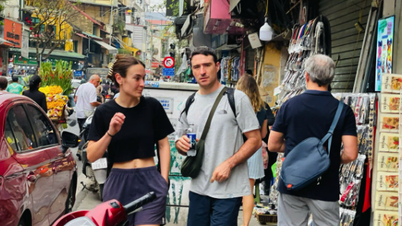
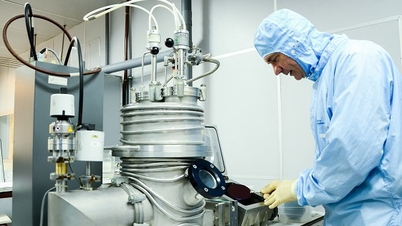

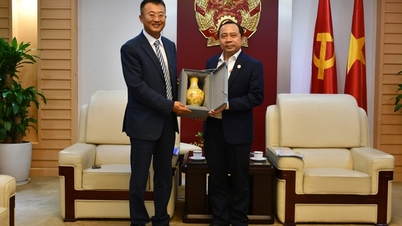
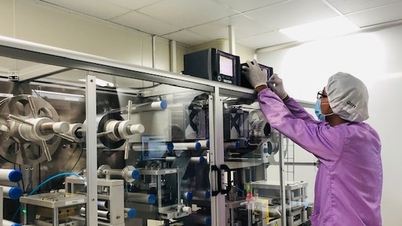
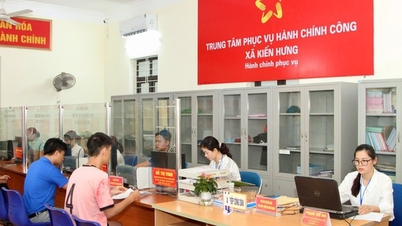
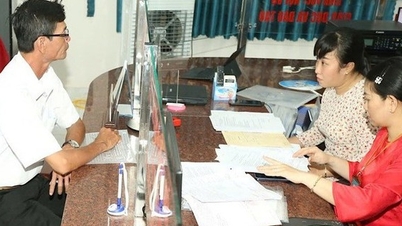
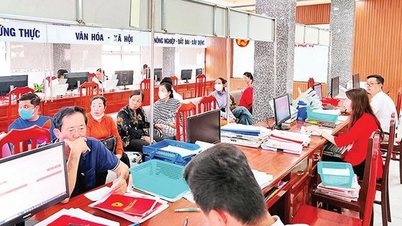
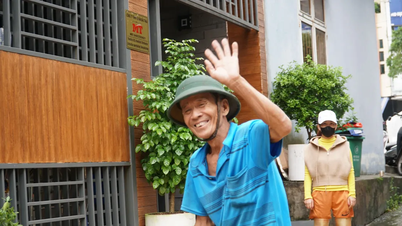
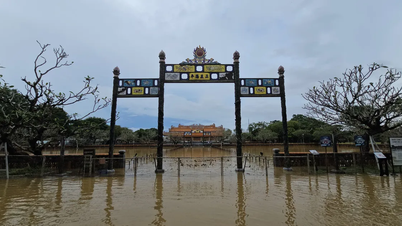


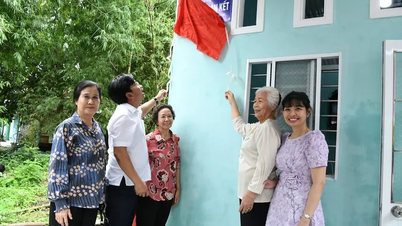

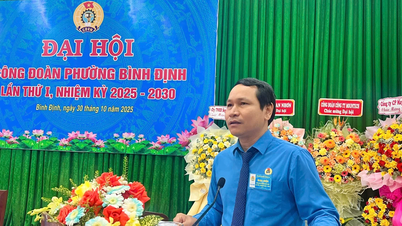












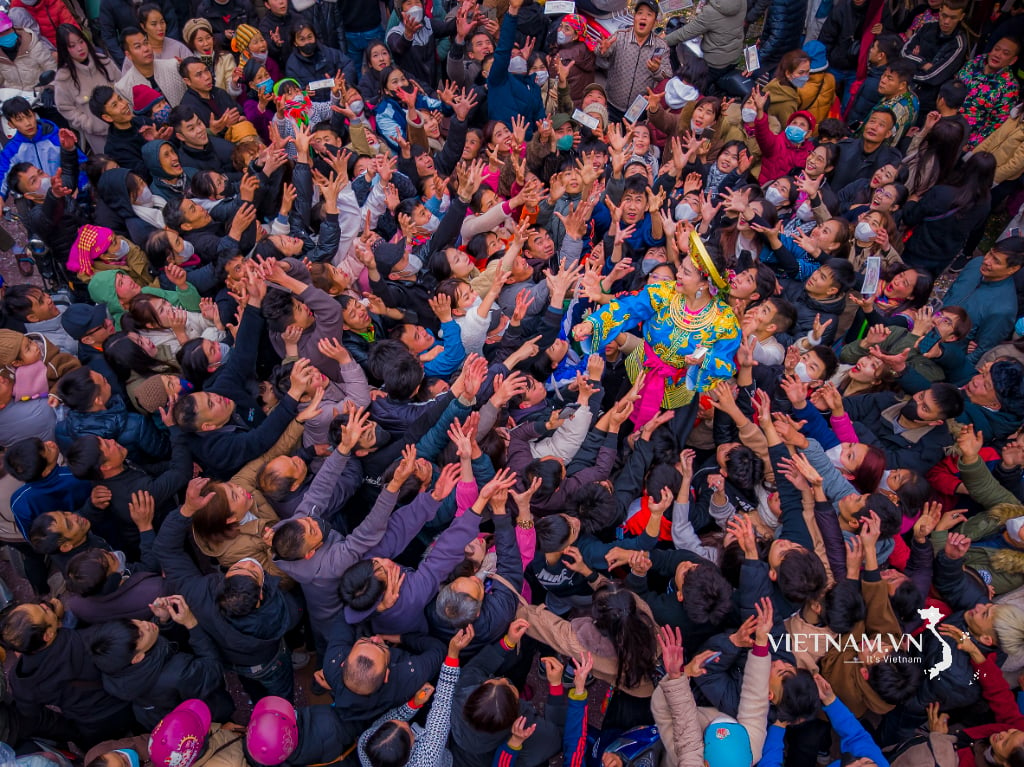



Comment (0)